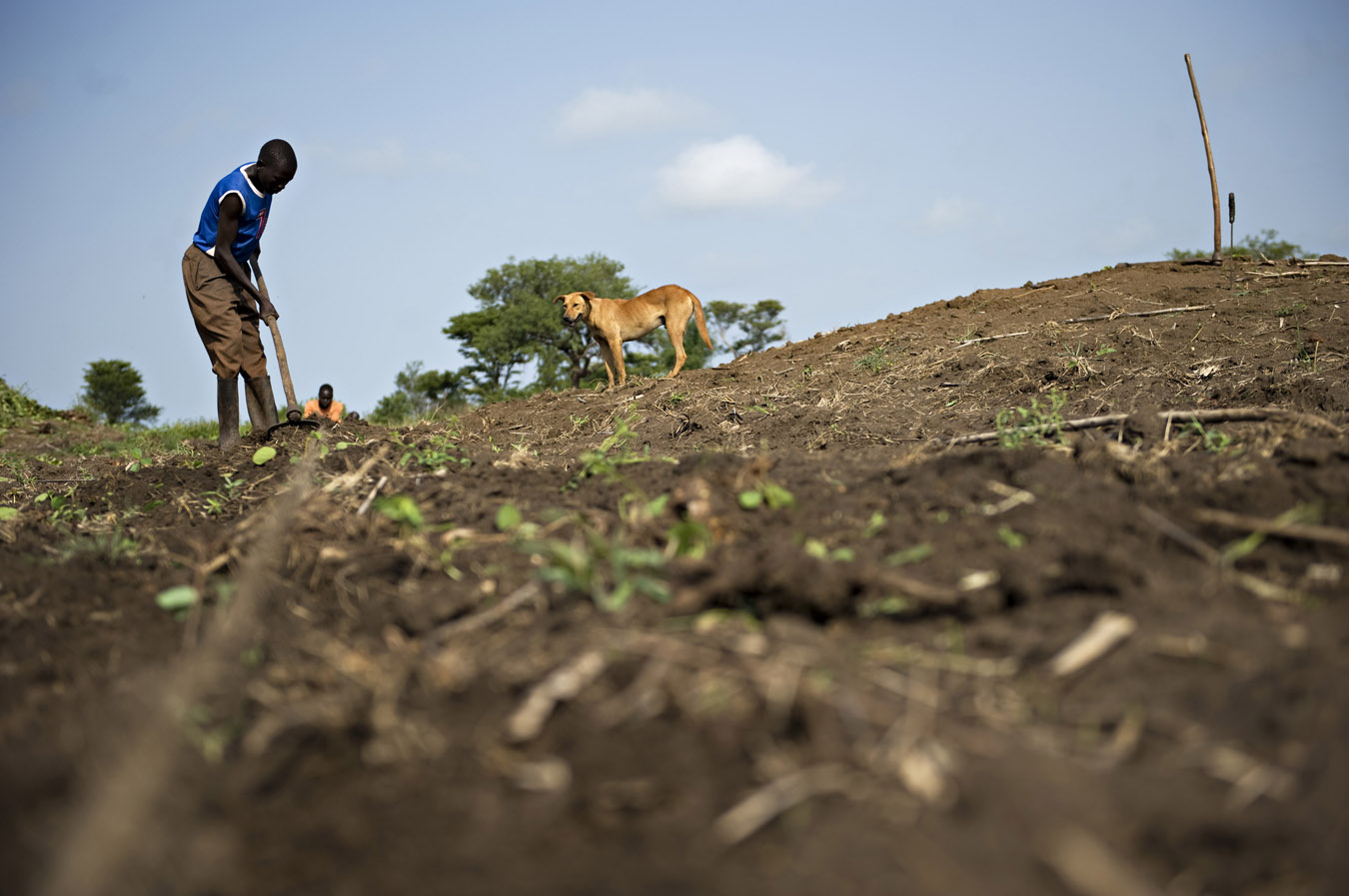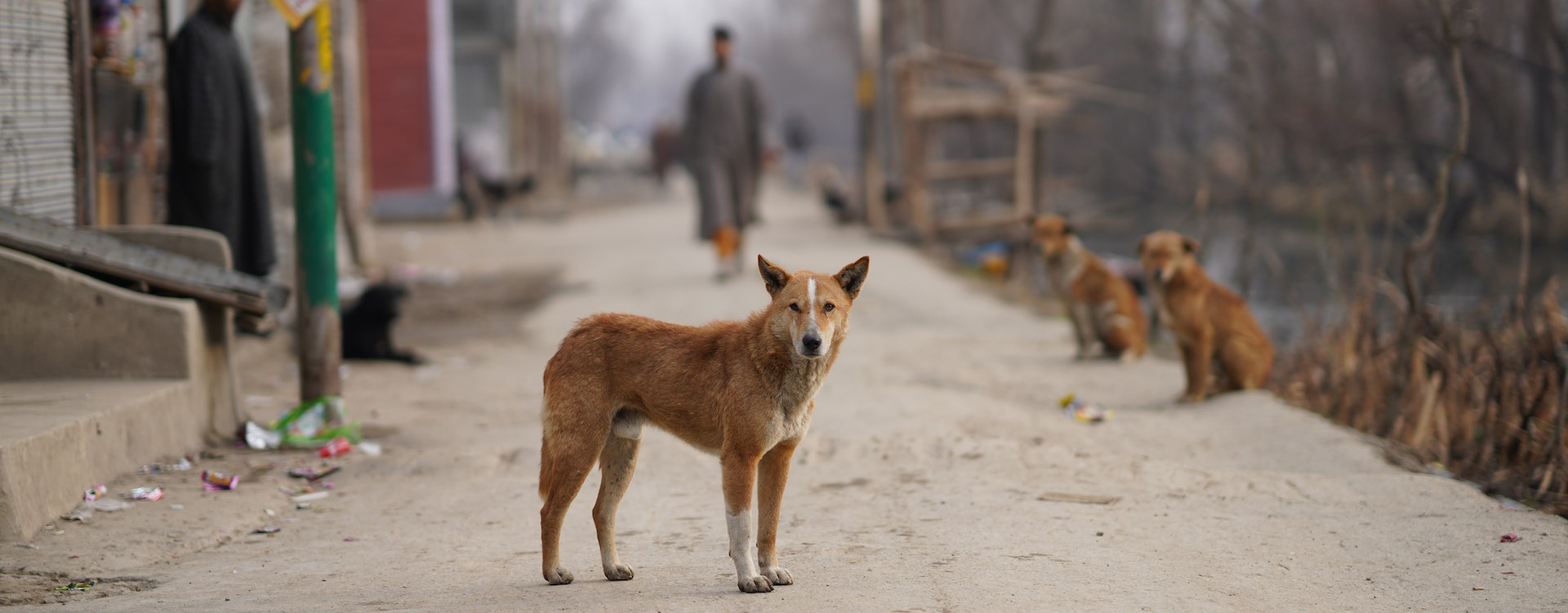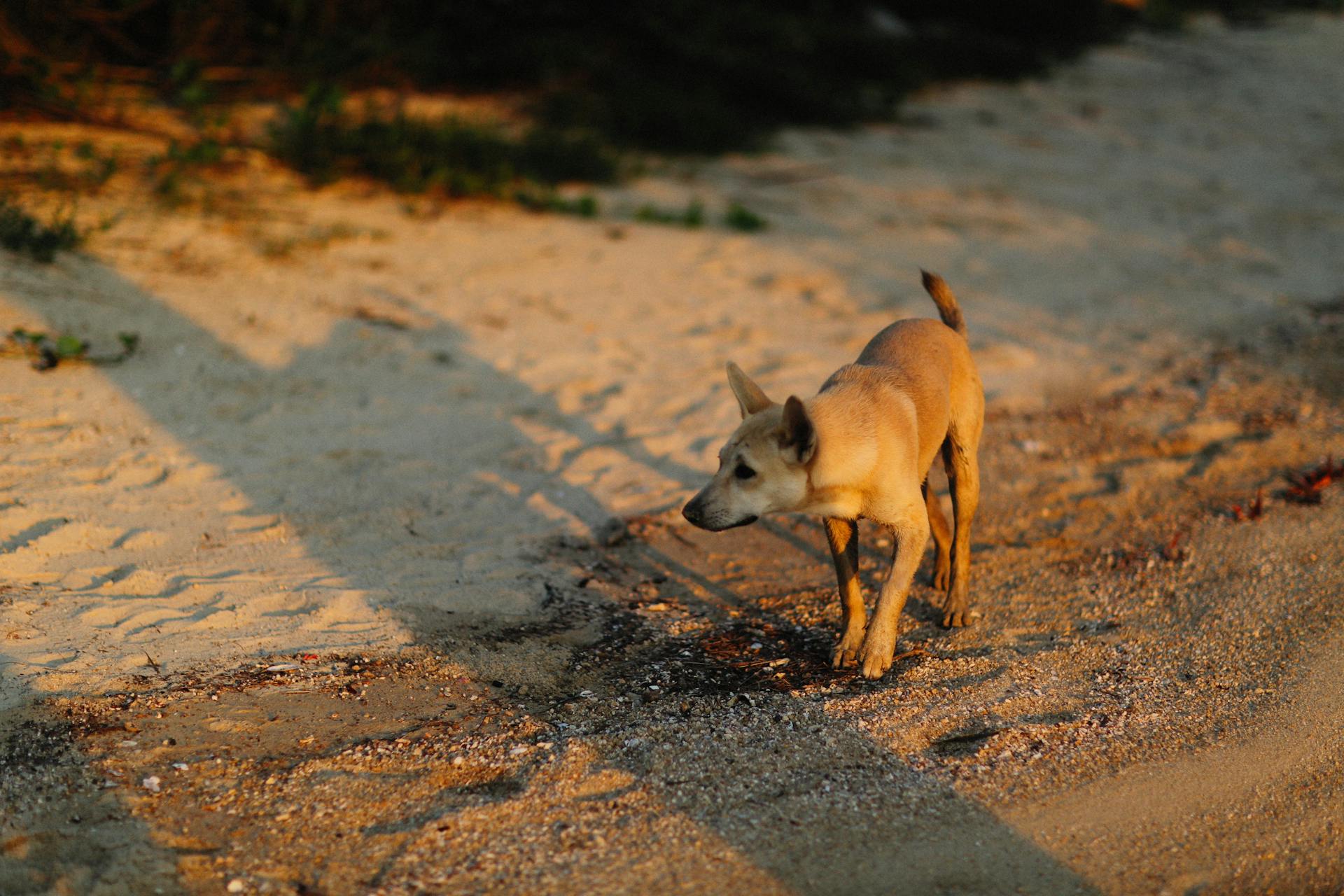Find out more
Video
What is rabies?
Dr Patrick Ngou, paediatrician, speaks with Dr Sandrine Kenne, a veterinary doctor, to raise awareness about the different aspects of this very deadly disease.

Highlights
Rabies, One Health and ICT: Spotlight on SIRVERA & GARC tools
Rabies remains one of the world's most neglected tropical diseases, claiming an estimated 59 000 human lives annually while being entirely preventable.

In depth
One Health approach to rabies
FAO supports member countries in their efforts to prevent and control rabies through a One Health approach.


